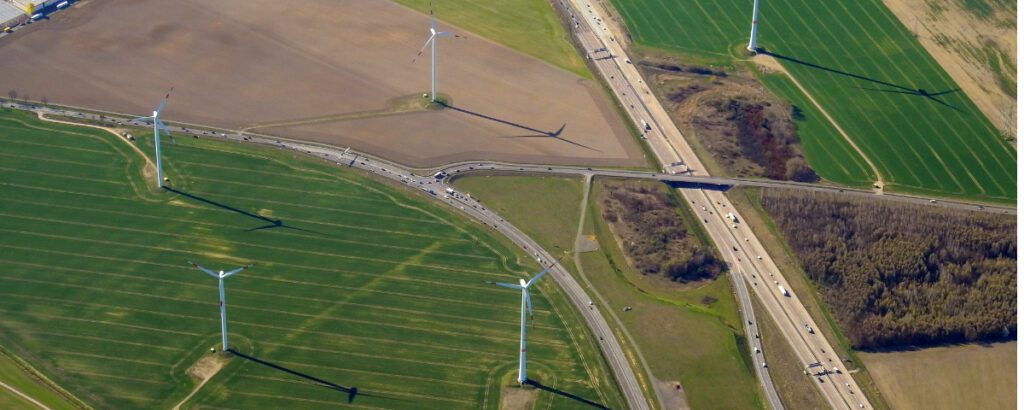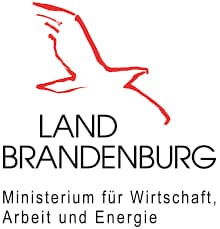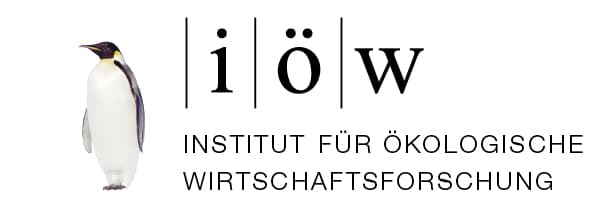Climate Plan Brandenburg

Project description
In this project “Klimaplan Brandenburg”, the RLI and its partners are preparing an expert report on behalf of the Brandeburg Ministry of Agriculture, Environment and Climate Protection (MLUK), which will form the basis for the climate protection strategy (Climate Plan Brandenburg) for the German state. The strategy is to be adopted by the cabinet in the 2nd quartet of 2022. First, the status quo of greenhouse gas emissions in Brandenburg will be determined. In a second step, target scenarios and paths for greenhouse gas neutrality by (at the latest) 2050 will be developed and subsequently used to develop strategies and recommendations for action to achieve the Paris climate targets.
Brandenburg commits to the Paris Climate Agreement
The Paris Agreement, which is binding under international law, is the successor treaty to the Kyoto Protocol. It was signed on 12 December 2015 at the 21st UN Climate Change Conference (COP21) by 195 countries and includes a global action plan to limit anthropogenic global warming to well below 2°C, preferably 1.5°C above pre-industrial levels. To achieve this goal, each country must take measures to reduce its CO2 emissions, and existing climate protection concepts and targets must be adjusted. The federal state of Brandenburg has also committed itself to the goals of the Paris Agreement since the beginning of 2020. In order to be able to meet the obligation of these goals, a climate plan for Brandenburg is now being developed.
Standardization of newer phenomena and technologies
In order to develop a climate plan, comparable data must first be generated. Currently, the state of Brandenburg breaks down the CO2 balance by different sectors than the Federal Climate Protection Act (KSG). This breakdown must first be adjusted. Furthermore, there are no methodological standards for newer phenomena, technologies, fuels etc. yet, especially in the balancing. In addition to CO2 emissions, other greenhouse gases are not yet included in Brandenburg’s climate balance. For developments that will be relevant in the future, such as self-consumption or green hydrogen, there is still no standardized recording in the balance. Here, too, a corresponding breakdown is being developed.
Brandeburg’s climate protection policy is being expanded
So far, Brandenburg’s climate protection policy has focused primarily on the energy sector. Accordingly, the previous climate protection target was located in the state’s energy strategy and the priority fields of action related to the energy industry and renewable energy. Other sectors and sector targets, such as transport, have not yet been defined. Therefore, the research group, led by the Institute for Ecological Economy Research (IÖW), is developing scenarios for a state policy-relevant structure of strategic sectors and fields of action:
- Energy supply
- Buildings
- Transport
- Economy
- Agriculture & land use
Here, the RLI focuses on the transport sector. For this sector, the division into the sub sectoral fields of action road, rail, air, and water transport is reasonable. On this basis, target scenarios for greenhouse gas neutrality will be modeled for the transport sector. In this way, it is calculated how, for example, the goals of the climate protection agreement can be achieved through the expansion of cycling and public transport.
For all fields of action, workshops will be held during the project period with experts for the respective fields of action, in which they can provide assessments of the possible measures. Other project partners besides the RLI are the Institute for Ecological Economy Research – (IÖW (project lead)), BLS Energieplan GmbH, LUP – Luftbild Umwelt Planung GmbH, IFOK GmbH, and the Brandenburg University of Technology Cottbus-Senftenberg (BTU). The study was funded and commissioned by the Brandenburg Ministry of Agriculture, Environment and Climate Protection (MLUK).
Project duration: May 2021 – March 2022
Tasks
- Research of data for the transport sector
- Determination and evaluation of the required climate policy data and framework conditions of Brandenburg in the transport sector
- Organization of the strategy workshop for the transport sector
- Creation of data tables related to the transport sector
- Development of strategy and action recommendations for the field of action transport to achieve the climate goals



